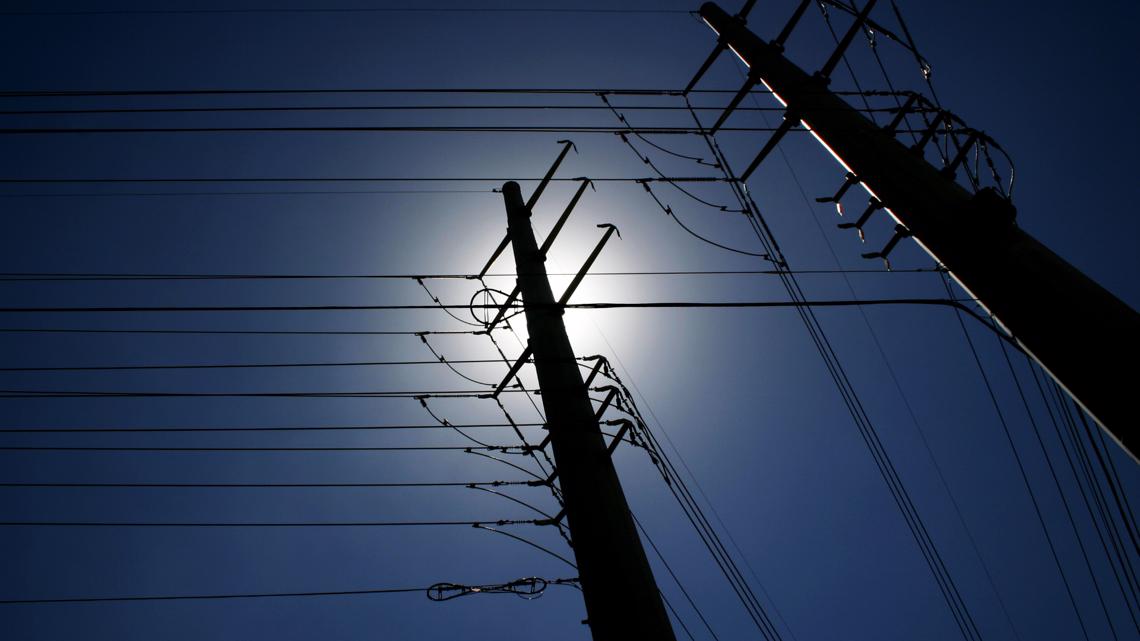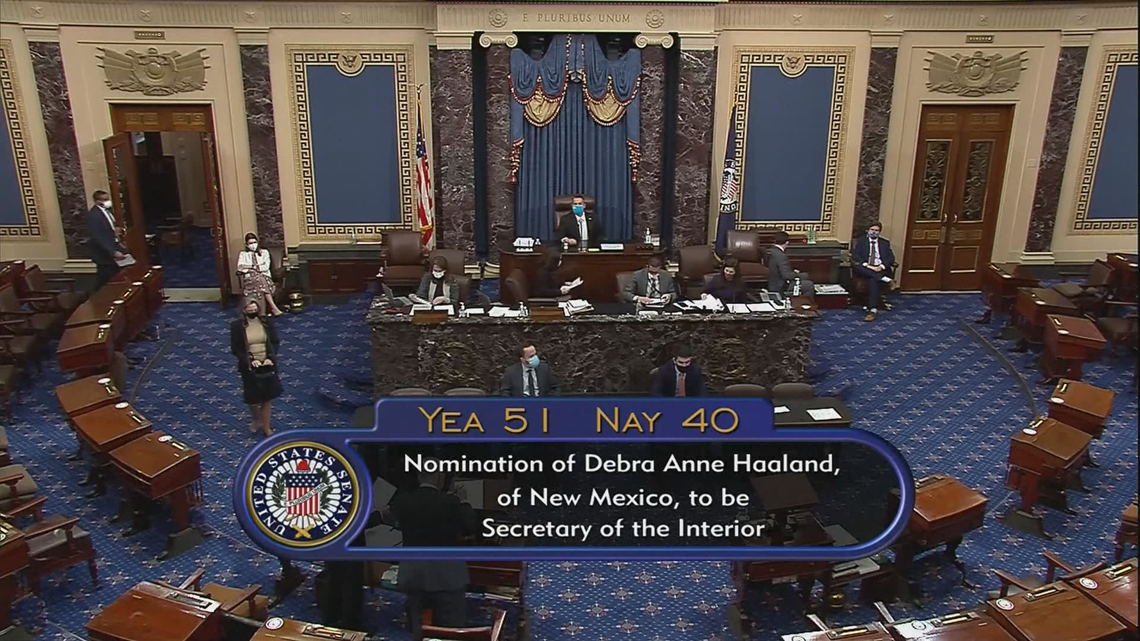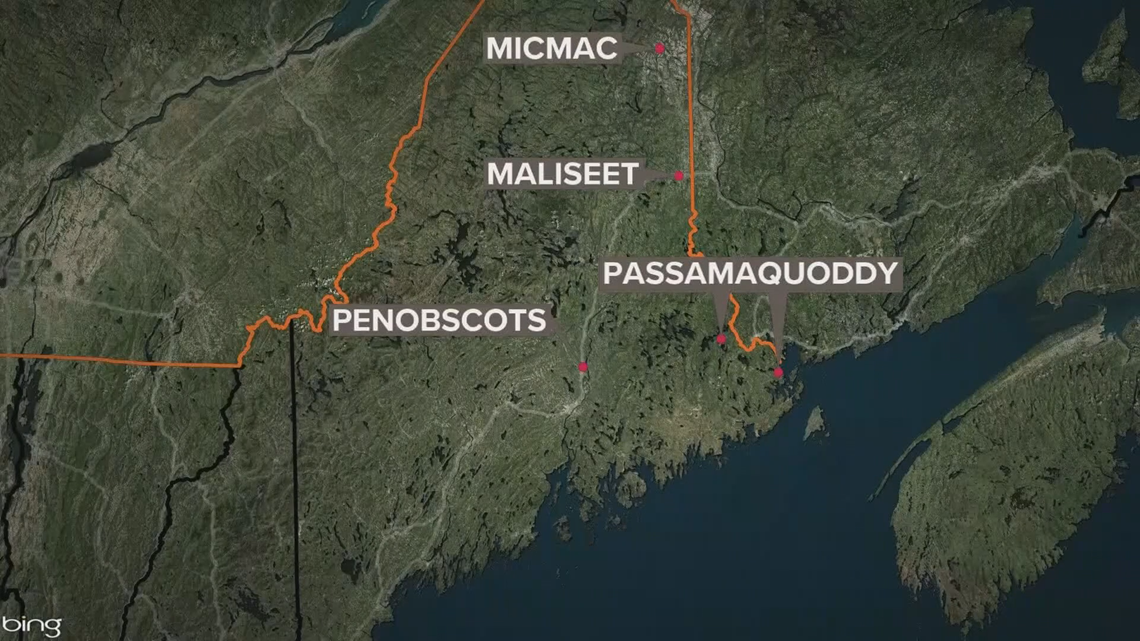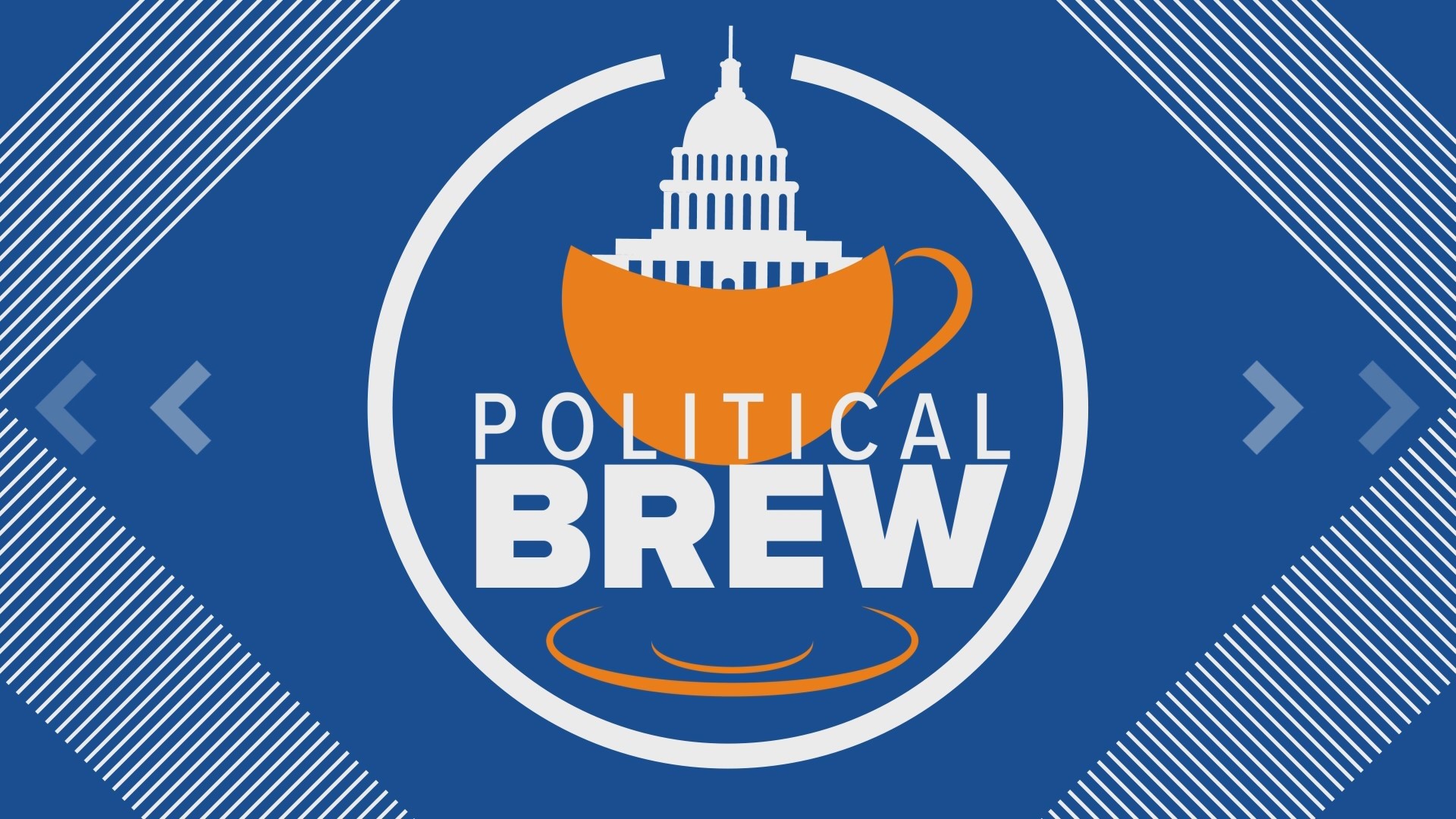MAINE, USA — Central Maine Power's Quebec to Massachusetts power transmission corridor through Maine, officially known as the New England Clean Energy Connect, faces new pressure in the legislature and the courts.
Lawmakers are considering three bills that would prevent foreign money from being spent in Maine political campaigns. Hydro-Québec, which the Province of Quebec owns, has spent millions to try to defeat referendum questions aimed at stopping the corridor project.
Maine already prohibits foreigners from contributing to candidates running for public office.
Betsy Sweet believes there should be no foreign money in issue campaigns either.
"The influence of foreign corporations should not be allowed in our electoral process," says Sweet. "They're not representing another side of Maine voters, they're representing a foreign economic interest. And that's not always in the same interest as Maine people."


Richardson believes the opposition to the power corridor is getting out of control, saying, "They keep trying to change the rules in the middle of the ball game because there are interests out there including big oil that don't like this.
A Superior Court ruling this week could also prove to be an obstacle.
The NECEC project includes a lease to about 36 acres of public land. The Maine constitution says anything that 'substantially alters' public land must be approved by a two-thirds vote in the legislature, so Justice Michaela Murphy says the state needs to further analyze the effects.
Richardson disagrees with Murphy's ruling. He says the land already has power lines on it, so "I don't see how this is substantially different than what is already there."
Sweet believes the project would substantially alter the public land, and adds, "The reason we have these rules in place... is to make sure that we don't have things that irreparably harm our environment."
Last weekend, Democratic leaders in the legislature took Maine Medical Center to task, accusing the hospital of mistreating nurses who are backing the effort to form a union.
Sweet says this is just another assault on unions, which she says "created our middle class."
"Let the workers decide without undue influence from the corporate folks that the hospital has brought in or any outside influence."
Richardson agrees that if they want to collectively bargain, they should be able to decide that freely.
And both analysts say this fight is partly a result of the consolidation of hospitals and health care in Maine.
Says Richardson, "How many doctors do we know now that even have private practices anymore? They're almost all part of healthcare conglomerates. I don't think this consolidation is good."
And Sweet believes "It's not good for our health, it's not good for our healthcare system, it's also not good for workers because then they have a monopoly. And if you're not working for one of those healthcare systems then you are out."
Tribal sovereignty for Native Americans has been in the news this week. Former Congresswoman Deb Haaland has been confirmed as the first Native American to serve in a president's cabinet, and the post is a particularly significant one for the tribes, the Department of the Interior.


While Richardson thinks President Joe Biden has focused too much on "identity politics," he does think this choice "after centuries of mistreatment of Native Americans, maybe (Haaland) will bring a perspective to this that we haven't had in the government."
Sweet says Haaland's credentials are perfect for the post.
"She is an incredible expert on land use and what's happening with our parks and lands nationally," says Sweet. "The old adage is that 'if you're not at the table, you're usually on the menu' has been really true for the tribes. So now they finally have someone at the table."
Maine's Native American tribes are once again asking state lawmakers for the right to develop a gambling casino, though there is no specific proposal on the table.


Betsy Sweet believes they should be allowed to make that choice, saying, "We're going from treating them as municipalities, to treating them as sovereign nations."
Ray Richardson says Maine's tribes have been left out while others across the country have developed casinos. But he questions the timing.
"You could stop in Boston, you could stop at Foxwoods in Connecticut, so how much out-of-state traffic are we going to attract here? This may be a little too late for the Native Americans."
Political Brew airs Sundays on NEWS CENTER Maine's Weekend Morning Report.

